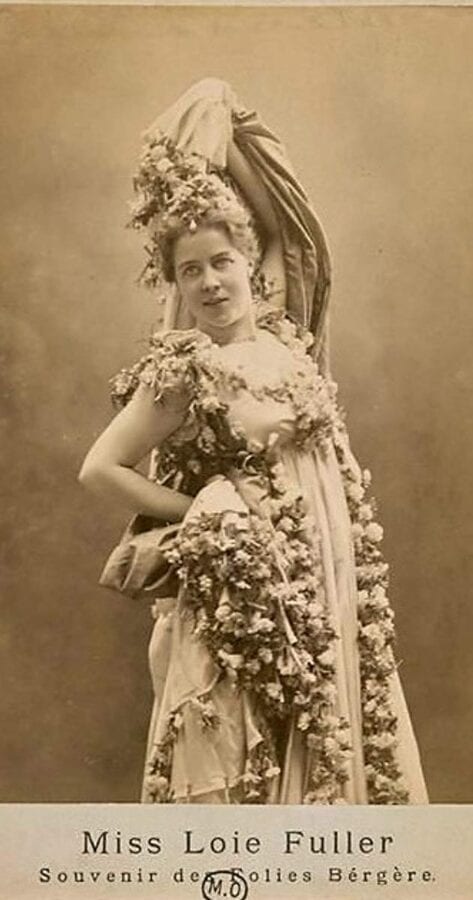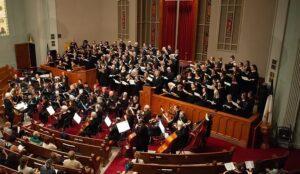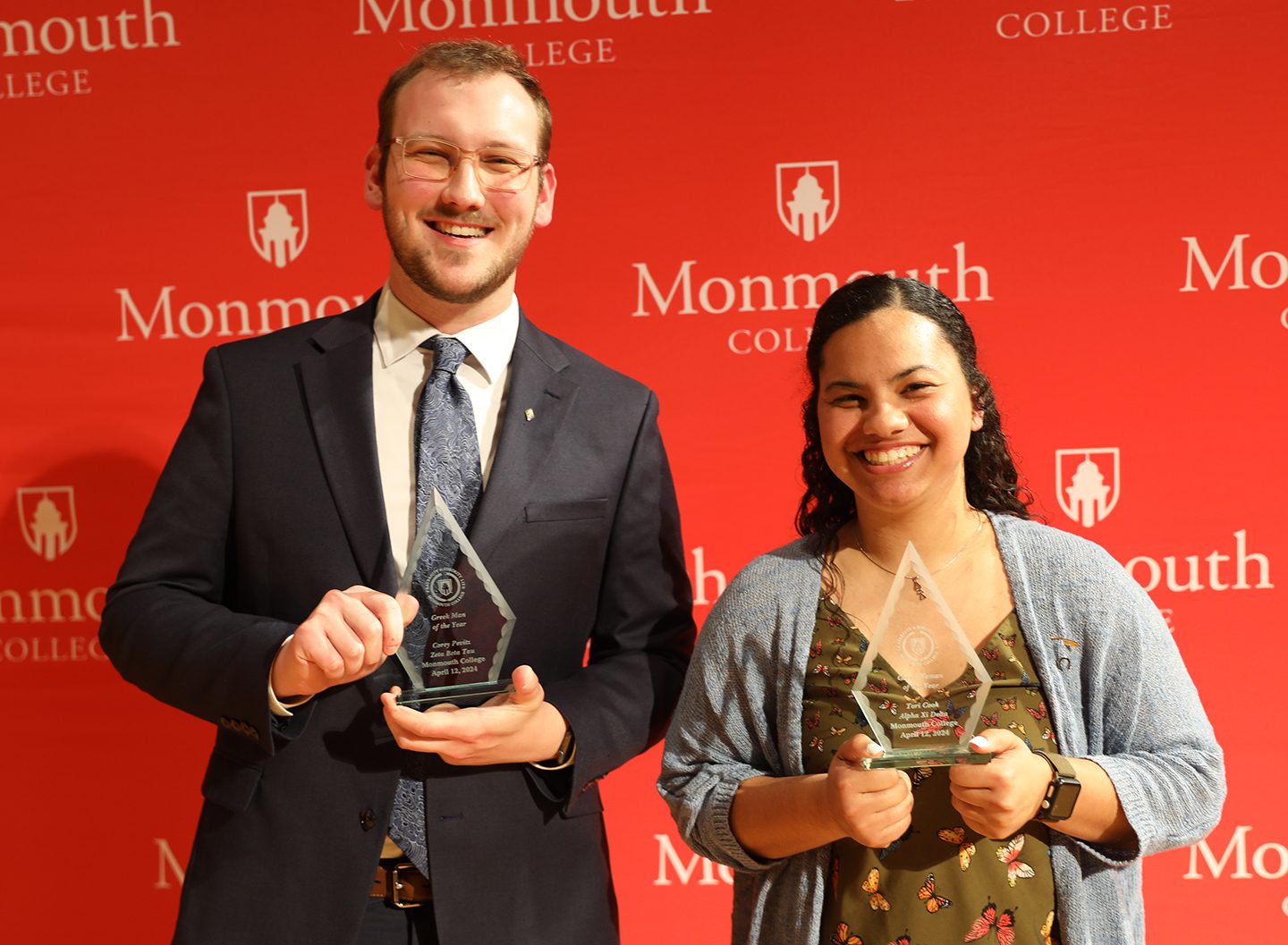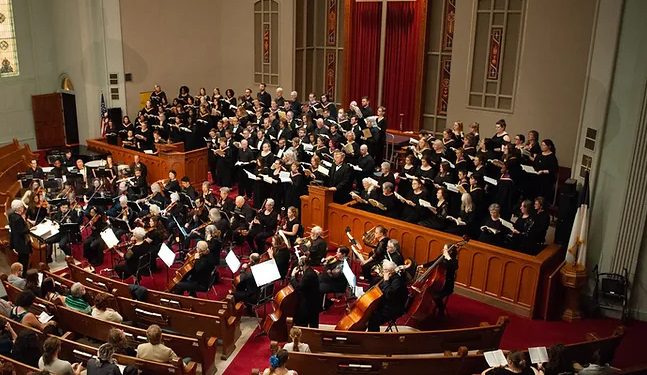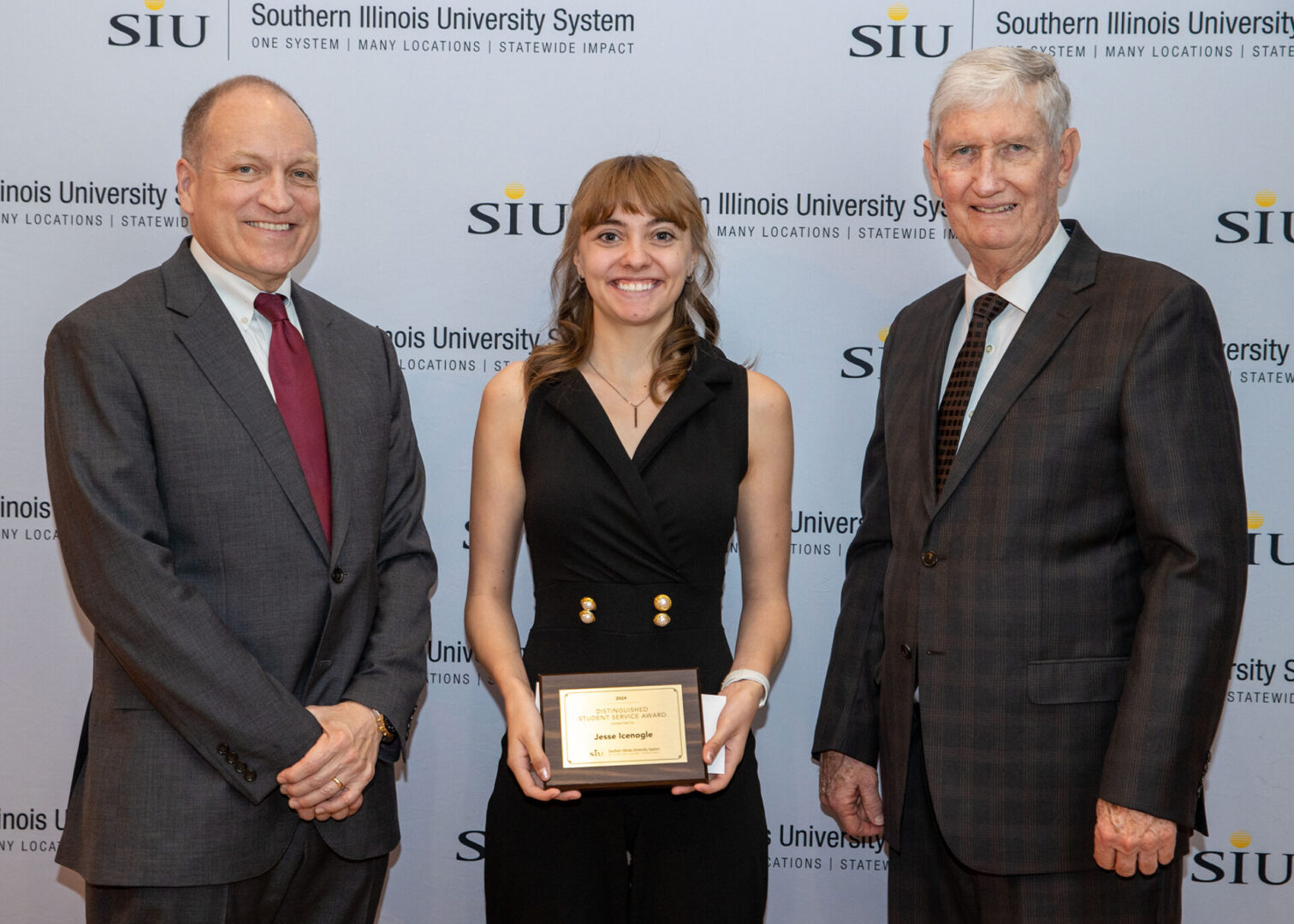MODERN DANCE PIONEER LEARNED HER FIRST STEPS IN MONMOUTH
Although she was a resident of Monmouth for only two years, Loïe Fuller achieved international fame, inspired generations of dancers and helped launch the career of Monmouth magician Will Nicol.
Born Marie Louise Fuller in 1862 near the present-day Hinsdale, Illinois, Loïe was known to her family as “Louie.” Her earliest memories, were of growing up in a Chicago boardinghouse run by her parents, Reuben and Delilah. They had been married in 1850, but shortly thereafter Reuben left for the California gold fields and was not heard from for two years, until he suddenly reappeared with enough money to buy a large farm in suburban Chicago where his father had settled earlier.
Reuben was not much interested in farming, and occupied himself with breeding harness racing horses and playing the fiddle at barn dances. In the winter months, he helped manage his father’s tavern. He had high hopes that the new C. B. & Q. railroad would go through the town, but when it was routed a mile south he was bitterly disappointed, so he purchased and moved to a Chicago boardinghouse, on West Lake Street, when Louie was 2.
In Chicago, the Fullers were not churchgoers. Instead they spent their Sundays at the Progressive Lyceum, which had a recitation period for children. One day, little Loie climbed up onto the platform uninvited and recited a children’s prayer. It drew laughter, so the next week she recited “Mary Had a Little Lamb,” which this time drew applause.
The Fuller House survived the Great Chicago Fire of 1871, but a financial panic in 1873 made Reuben decide to move again—to Monmouth, where he became proprietor of the relatively new three-story National Hotel at the of South First Street and East First Avenue. It would later become the Christy Hotel before being razed in 1977.
Twelve-year-old Louie, considering herself a sophisticated city girl, immediately became involved in community life, assisting with a women’s fundraiser for the unemployed, at which she performed a recitation. She then joined the Monmouth Dramatic Club and Literary Association and rehearsed for the popular temperance play “Ten Nights in a Bar Room,” staged at Union Hall on South Main Street. She was to play the young protagonist who made the appeal, “Father, dear father, come home with me now!,” but she became ill on the day of the performance and an understudy filled in.
Still, the experience inspired Louie to speak out against the evils of drink. In May 1875, the Weekly Review reported of her speech in Kirkwood: “Miss Louie Fuller, of Monmouth (aged 13), delivered a lecture on temperance. In Columbian Hall, on Saturday evening…It was pronounced good by all who heard it.”
On Christmas Eve, the Prince Imperial Club held a masquerade ball at Union Hall. Dressed as a Fairy, Loie participated in a waltz contest with her partner, Percival Brewer, 15, the son of a Monmouth dry goods merchant. Despite competing against adults, the couple came away with the grand prize. She later wrote, “I gain the prize for waltzing & fall in love at the same time.”
Loie was a natural dancer, but also had instruction from her father, who in early 1876 opened the Monmouth Dancing Academy, which met twice a week in Wallace’s Hall on East Broadway. The Daily Review reported that “Mr. Fuller himself is an accomplished dancer, thoroughly acquainted with the principles of the art, and skilled in imparting to his pupils that graceful habit of body and ease of movement so essential to the complete enjoyment of this delightful accomplished art.”
After just two years in Monmouth, Reuben Fuller sold the hotel and moved his family to the town of Westville, 150 miles south of Chicago near the Indiana line. A year later, he moved again—back to Chicago, where his daughter, now a stagestruck teenager, took a succession of parts in plays—mostly melodrama, farce and parodies of serious drama. At age 15, she joined a traveling company for nine months, playing minor roles.
Fuller’s big break came at the age of 19, when Buffalo Bill Cody brought his drama “The Prairie Waif” to Chicago. When the star who played the waif quit under a personal dispute, Fuller saw an opening and won the role. She went on tour with Cody’s company, performing in Brooklyn at the Grand Opera House.
Later, she toured Illinois in a farce she had written titled “Larks.” She took voice lessons and made her first appearance as a singer at the Chicago summer music festival, dreaming of becoming an opera star. At age 24, she landed a role as a singer and dancer with a traveling company. By 1887, she was performing in New York and had the lead role in a spectacular production of “Alladin, or The Wonderful Lamp.”
On a trip to Europe, Loie received a gift of a beautiful white Indian silk skirt, which became the origin of the dance that would make her famous. Returning to the United States, she was cast in a play that involved a farcical hypnotic scene. Not knowing what to wear, she fixed up the skirt with a silk bodice, fastened it with springs over her shoulders and danced a dream sequence across the stage, catching the colors of the calcium lights. This evolved into her legendary serpentine dance, which she performed for months at the Madison Square Theatre, before sailing for Europe, where she danced in Berlin, Paris and London.
Loie’s greatest fame would come in Paris, where she became a regular performer at the Folies Bergère and the embodiment of the Art Nouveau movement, inspiring countless posters and sculptures.
In Paris, she befriended such notables as Toulouse-Lautrec, Rodin, Madame Curie and Queen Marie of Romania. She would also help give a start to fellow Monmouth resident Will Nicol, who at age 18 knocked on her stage door in Paris and enlisted her help booking an appearance as the Great Nicola at the Paris exposition of 1900. In 1902, she launched Isadora Duncan’s dance career by sponsoring concerts for her in Budapest and Vienna.
Not just a performer, Fuller was an inventor who held many patents related to stage lighting and costumes. She died in 1928, in Paris, where her ashes were interred.
For Maple City Memories, I’m Jeff Rankin.


